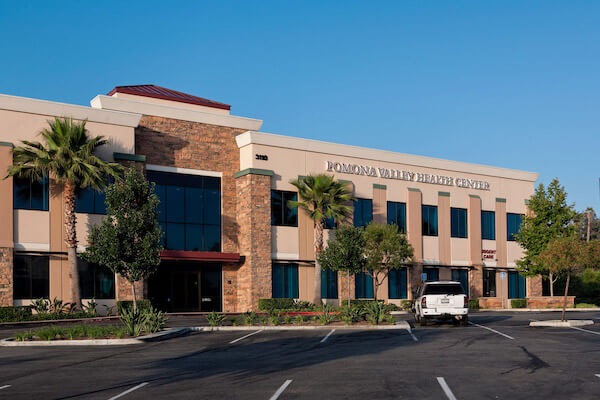Your thyroid is a small, butterfly-shaped gland located at the base of the neck, just below the Adam’s apple. It is a crucial component to the function of many systems and organs, including the heart, brain, liver, kidneys and skin. With January being Thyroid Awareness Month, it’s important to understand how your thyroid gland functions and to be aware of the warning signs of a problem.
Thyroid gland function
The thyroid gland is part of the endocrine system, which is made up of glands that produce, store and release hormones into the bloodstream so the hormones can reach the body’s cells. Your thyroid gland uses iodine from the foods you eat to make two main hormones: triiodothyronine (T3) and thyroxine (T4). It is important that the levels of these hormones are never too high or too low. The hypothalamus and the pituitary glands in the brain work together to maintain these levels.
The functionality of the thyroid gland will affect your body’s overall wellness. Your thyroid gland is responsible for manufacturing enough thyroid hormone to trigger your cells to perform and function at a certain rate. The thyroid hormones regulate vital functions like:
Thyroid problems
When the T3 and T4 hormone levels become too high or too low, your body will develop hyperthyroidism or hypothyroidism. Hyperthyroidism occurs when there is too much T3 and T4 in your system. Symptoms of hyperthyroidism include:
Hypothyroidism occurs when there is too little T3 and T4 in your system. Symptoms of hypothyroidism include:
If you are experiencing any of the above symptoms of hyperthyroidism or hypothyroidism, it’s important to seek treatment as soon as possible. Your physician can test your thyroid hormone levels to determine if you are suffering from a thyroid issue. Fortunately, there are treatment options available to get your thyroid hormone levels back to normal. Conventional treatments usually involve medication or surgery, lifestyle changes, special exercise, and supplements.
To talk to a physician about your thyroid, call the physicians at Pomona Valley Health Centers today at 909-630-7888.




